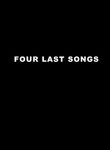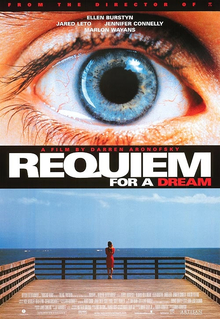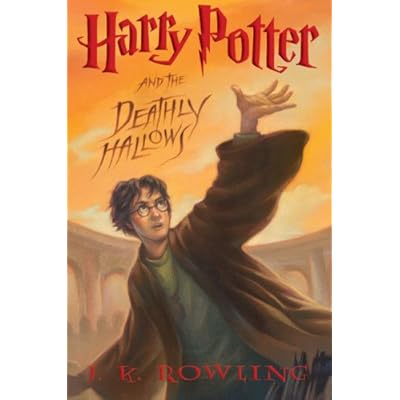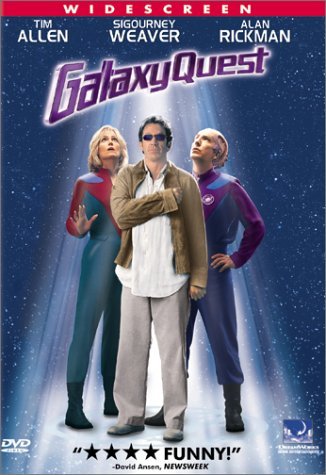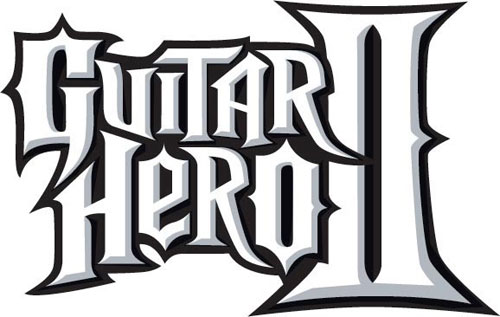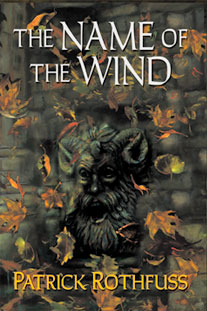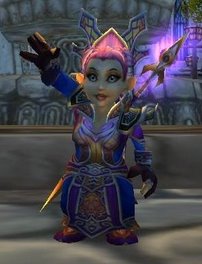
Ok, this part of the Harry Potter post is going to be basic things that I did and didn't like about the book. Tomorrow will be slightly more substantive comments on themes and other literary stuff.
Overall, I thought this was an excellent ending to the series. I had almost all my questions answered, all the loose plot ends were tied together, and it was a fun, exciting book to read. If it were to rate it like I do Netflix movies, I'd give it 4.5 stars out of 5. Here's a short list of the few things in the book that I think could have been improved upon:
1. The middle of the book. So much of the series' charm comes from the supporting characters that Rowling has introduced over the course of 6 novels, and in the middle 200 pages of this book, she completely cuts them out. We're stuck with Harry, Ron, and Hermione (and sometimes only Harry and Hermione) getting crabby at each other in the middle of the woods. I felt like this section dragged quite a bit and really didn't take advantage of so many of the strong characters that Rowling had created. That said, it's probably a "realistic" portrayal of what looking for the Horcruxes was like, but that still doesn't make it interesting for the reader.
2. I think Snape got completely cheated. His role in this book is reduced to getting killed by Voldemort and a bunch of scenes in the Pensieve. His character has long been one of the more interesting ones in the series, and the memories in the Pensieve show how important he is to Harry's fate. He deserved more pages in the novel and a more active role.
3. I was disappointed that Harry was a Horcrux. I didn't think there would be a graceful way out of that one, and I'm still not sure there was. I think the prophecy and what Dumbledore says to Harry in the dream-like King's Cross helps his death/coming back to life make more sense, but it's still not 100% clear, and there may even be contradictions. Maybe it's just one of those powerful forms of magic beyond our understanding, but that seems to be a weak cop-out.
4. The epilogue. I liked the idea, but I think it was poor in execution. There were too many kids running around, all named after people we'd already seen, so it was hard to keep them straight. And we didn't get to find out about so many of the people we cared about, particularly Luna. What happens to her? What sorts of careers do Harry and co. have? It always seems that the purpose of the epilogue is to name-drop as much as possible to let the readers know what's happening to the characters, but this one didn't come through on its potential.
5. I still think that Ron or Hermione should have died. Yes, a lot of semi-major characters died, but none of the big three. I would have liked to see Rowling really be daring with her deaths and show her readers the true cost of standing up for what's right. Since the three friends survive completely intact, it's easy to see the ending as unmitigatedly happy, which it isn't. But I'm not sure that comes through, because the reader doesn't have the emotional connection to the 2nd tier characters who died.
That said, that's about all the stuff in the book that I wasn't happy with. Overall, it was great, and I wouldn't be able to pick it apart like this if it weren't. Here are some of the specific things that I really enjoyed:
1. Harry's character. He really steps up to the plate in this novel, and I'm really glad. I was worried that he would be a passive hero, but instead, he really takes charge, and this comes through so much in his ending fight with Voldemort. Now, he's the one who's telling Voldemort what is happening and why, and it makes him seem much more actually heroic than in any other book.
2. Along those same lines, I loved that Harry stuck with Expelliarmus. The scene in the beginning where he tells Lupin he's not going to sink to Voldemort's level, and then how that comes full circle in the end when he disarms Voldemort, which ends up killing up--that was fantastic. I think that was my favorite moment in the entire book, and when I realized what had happened, I started crying. Rowling really did something amazing there.
3. I was thrilled that Ron was the one who got the sword of Gryffindor from the pond. He's lived in Harry's shadow for so long, and it was nice to see that he was given his moment to shine.
4. I was also very excited with how Neville stepped up and became a hero, and how his grandmother recognized that. The almost-casual way that he talked about the horrible things going on at Hogwarts, as well as the way that he bonded with the Room of Requirement, really showed how connected he was with the castle and how brave he really was. And, of course, this comes through perfectly when he pulls the sword from the hat.
5. I liked Mrs. Weasley calling Bellatrix a "bitch" and killing her. That was fantastic.
6. I liked the addition of searching for the Hallows in addition to the Horcruxes in this book. I think it made it a book that has a plot of its own, rather than just following something set out in book 6.
7. I was really excited to see how some of the characters became less good or evil and more gray. Dumbledore, Dudley, and Petunia all became much more interesting because we see a completely new side to them. The explanation of Dumbledore's past, in particular, really added depth to the book.
Ok, I think that's it for now...stay tuned for Part II tomorrow!

